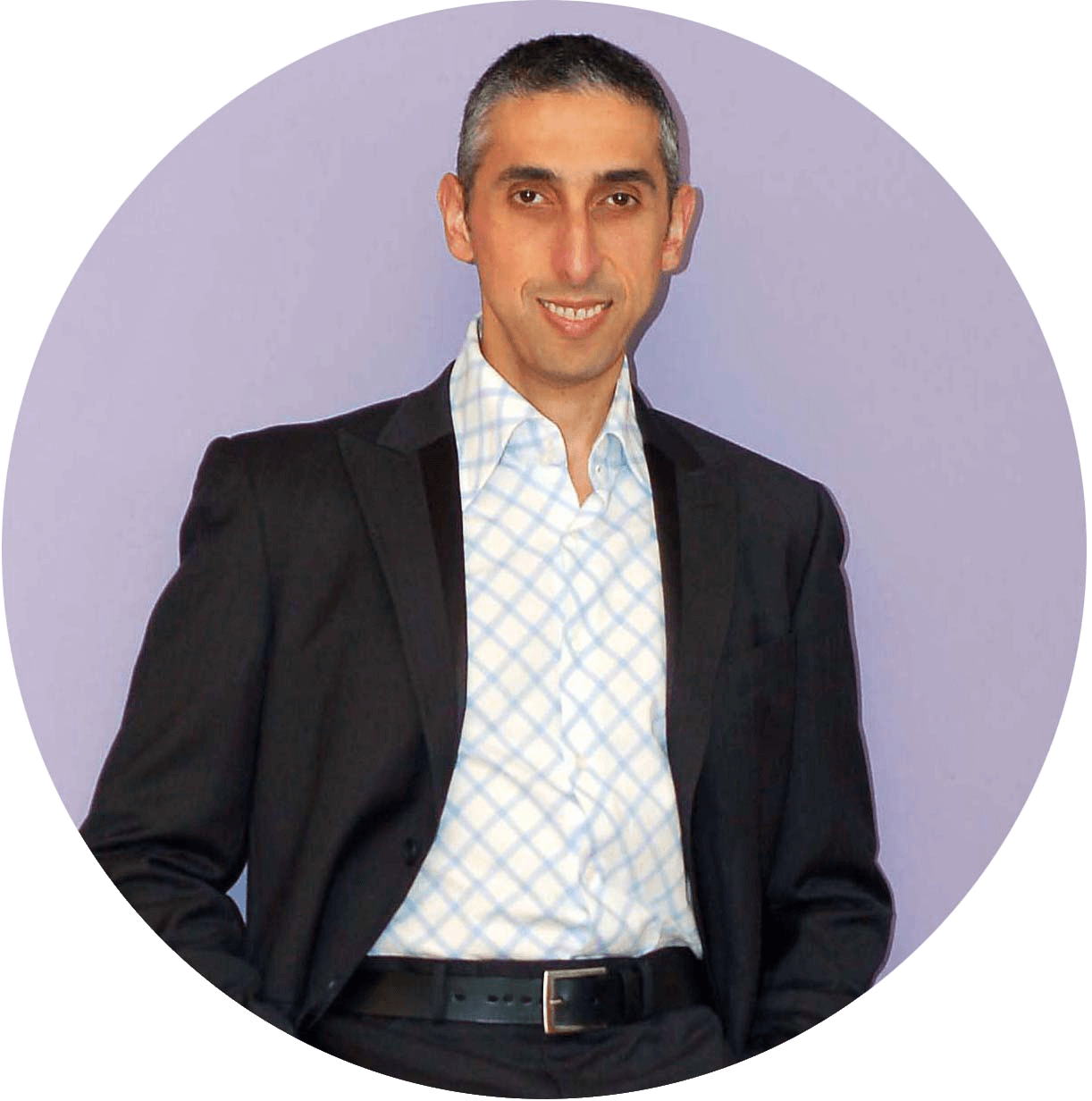Renew Your Beliefs
“Until you make the unconscious conscious, it will direct your life and you will call it fate.” — C.G. Jung
If you wish to change your life, know your predominant beliefs and feelings about yourself. This is because you cannot change what you’re unconscious of. You must take an inventory of your principal beliefs and examine them often if you wish to create a life replete with meaning and purpose. Transformation requires letting go of outdated thoughts, beliefs, and behaviours not conducive to the life you wish to live. It requires letting go of what no longer serves your desired future.
Consider the following analogy: If you are moving overseas and intend to take your entire belongings with you, it might not serve you economically. It is easier to leave behind non-essential items that can be purchased once you arrive at your destination. To relate it to human behaviour, many people are unwilling to let go of their thoughts and beliefs, yet want a better life. They are reluctant to let go of their baggage, whether as thoughts, beliefs or behaviours. It is impossible to create a new life when you carry the remnants of the past with you, particularly if it has not served you. This is when an emotional crisis takes place, with the falling away of your former life to give way to a new life.
Many people hold to their beliefs with conviction and are unwilling to examine them. Most times, the beliefs were formed during an impressionable period when they were young or in their teenage years. Therefore, it’s vital to renew your beliefs to correspond to the life you wish to live. Your beliefs influence reality because what you hold in mind, whether conscious or unconscious, will be reflected in your life. Does this resonate with you? Can you see how changing your beliefs allows you to create a better future?
Rewrite A New Story
“When I discover who I am, I’ll be free.” — Ralph Ellison
Growing up, I experienced limiting beliefs related to my worthiness, because of an over disciplined father who insisted nothing I did was good enough. I formed the belief: “I am not good enough,” since I recall hearing this echoed growing up. I realised later those beliefs were those my father imposed on me. I believed I wasn’t good enough and developed low self-esteem while trying to appease him. It took years of contemplative self-examination to work through these beliefs and reframe them. Many people carry similar beliefs because, like me, they accept the narrative dictated by their childhood experiences and find it difficult to rewrite a new story. This narrative is held together so tightly and given life over the years.
I’ve used many methods to explore my beliefs, ranging from EFT, Byron Katie’s self-enquiry method, The Work and Suze Casey’s Belief Re-Patterning. The one thing I realised from exploring my beliefs is they are always fictional. Most times, they are distorted thoughts based on my interpretation of events. For example, recall my earlier belief in my father’s statement: “Nothing I do is ever good enough?” I interpreted this to mean: “I am not good enough.” The mind is notorious for distorting events, therefore, examine your beliefs to know whether they are true. You wouldn’t sign a contract on a lease that is fifty years old, because times have changed. The lease must reflect the current times. The same is true of beliefs. Many people seldom renew the contract with themselves. And when they do, it’s often too late to help them.
In most instances, when a belief is formed, the events surrounding it are real. Nonetheless, it’s important to examine and update the beliefs as your life conditions change. Similarly, your beliefs about yourself are based on the relationship you have with yourself. In my case, I felt unworthy as a teenager because of the belief I reinforced throughout my life. Therefore, life was manifesting what I held at the level of my thoughts. It requires courage, discipline and patience to work through your beliefs. This entails revisiting old memories and past hurts and looking at them through the lens of forgiveness and compassion.
Integrating Your Fractured Parts
“Everything that irritates us about others can lead us to an understanding of ourselves.” — C.G. Jung
If you are in pain and look back on your past through the lens of hurt and suffering, you will bring more pain and suffering in to the present moment. You must investigate your beliefs at a deeper level, while looking for the greater lesson within those experiences. In my case, my self-esteem issues related to developing a stronger self-worth and learning to love and accept myself. I came to appreciate the wholeness of my being and rewrote the karmic script of my past. I realised my beliefs of unworthiness were pointing me towards self-love and compassion.
This is the narrative of your life story, and each of us has a different theme that interweaves itself throughout our life. Your task is not to fight it, but to uncover the truth buried within the rubble of confusion. Any time you create a distorted belief at an impressionable period of your life and carry it through adulthood, it grows stronger. It’s imperative to challenge the belief to see whether there’s any truth in that narrative. Is this something you’re prepared to do? Can you allow yourself to look at your beliefs through the lens of self-awareness and self-love? I assure you, it will go a long way into healing what you consider broken into wholeness.
To be intentionally aware means to shift the spotlight onto your beliefs and expose them through an inquisitive mind instead of a mind caught up in pain and suffering. You must probe and investigate your beliefs to examine the undercurrent that supports them. Otherwise, like a dam held together by rotten wood, they will give way so the water overflows. This is what many people experience and call it a midlife crisis. Beneath the crisis, repressed beliefs and disempowering emotions have been brewing until the mind-body cannot take it any longer and it comes gushing out.
If your beliefs about yourself are less than uplifting and vested in self-love, it is a call to connect with the part of you that seeks to be healed. Transformation does not mean you are broken. I’ve repeated this message often in articles because it’s important to understand. Transformation means integrating the fractured parts of your psyche into the wholeness of your being. Only then will you realise the beliefs and feelings about yourself are no less than pure love and joy.

Are You Ready to Transform Your Life with Confidence?
Are you ready to transform your life and unlock your potential? Start your journey with me today! My Life Coaching Program has empowered many to achieve lasting change. Schedule your FREE 30-minute consultation now and take the first step towards a brighter, more confident you.
Tony Fahkry
Expert Life Coach















